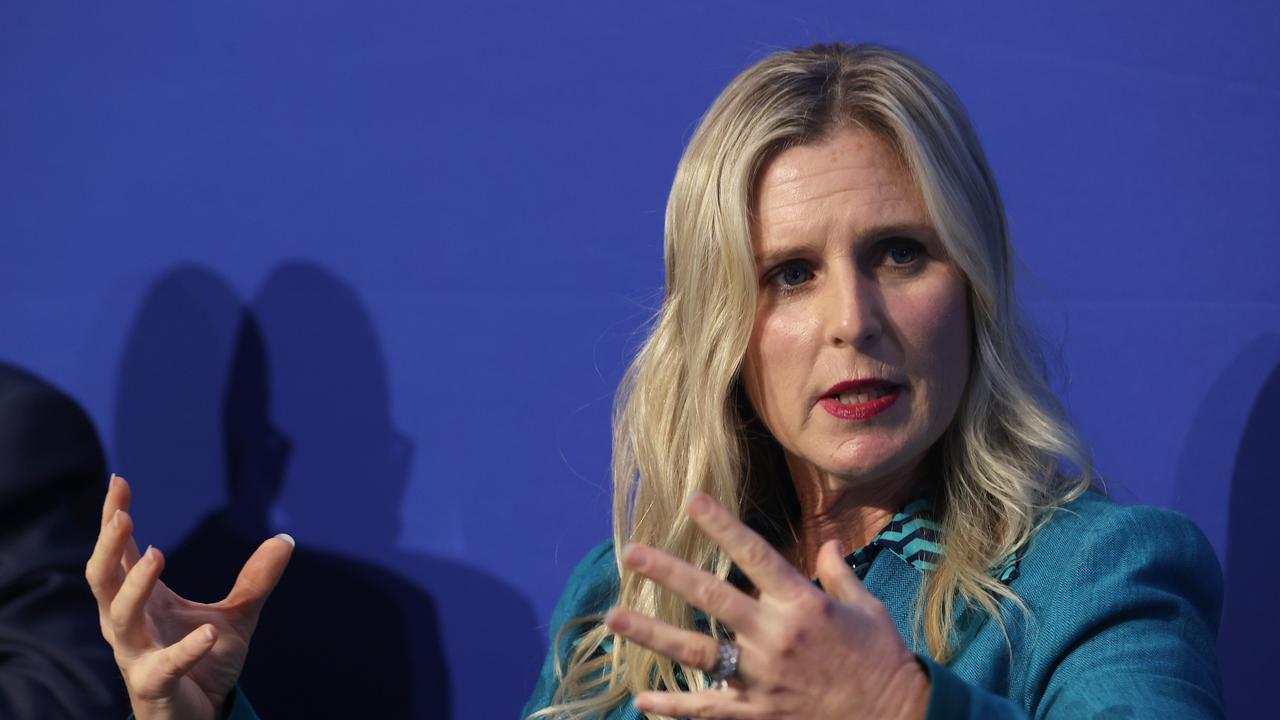Perks expensive for ANZ’s New Zealand boss David Hisco

The shock departure of ANZ’s long-serving New Zealand boss over “mischaracterised” personal expenses shows the tolerance at major banks for being loose with the facts is now at the same level as interest rates — effectively zero.
Before the royal commission, David Hisco’s sin of describing chauffeured trips in a company car and wine storage in Australia as business expenses would have earned him a warning and a note on his personnel file.
Now it’s career-ending, even though ANZ NZ chairman John Key said publicly he accepted Hisco’s assurance that “executives in Australia” had authorised the spending.
Presumably, this meant executives predating the leadership of chief executive Shayne Elliott, who commissioned the fateful review of expense claims by his senior executive team three months ago.
Until yesterday, Hisco was on extended sick leave.
Sir John spoke to him about the outcome of the review a few weeks ago and the chairman accepted that the extra stress would not have helped Hisco’s undoubted health problems.
The 55-year-old is widely regarded as having done an excellent job at what used to be a problematic business for ANZ.
Like any executive in the same circumstances, Hisco will be wondering if his status as the sole survivor of Elliott’s purge and repositioning of the executive committee after becoming CEO in January 2016 had anything to do with his fate.
Having successfully overseen the biggest IT transformation in NZ history, Hisco was memorably upfront in June 2015 when asked by this column if he saw himself as a contender to take over from then-CEO Mike Smith.
He said he’d be “disappointed” if the board didn’t consider his credentials, given the performance of his NZ domain in the preceding years.
Sir John said yesterday Hisco had an “explanation” for why his personal costs were wrongly charged back to ANZ as business expenses. But the former NZ prime minister brooked no dissent when he declined to go into details.
The truth is that, whatever way you put it, the unfortunate episode resulted in the publication of an error in the ANZ annual report.
As a member of the bank’s key management personnel, Hisco’s remuneration was understated if you accept his version of events that he had authority to claim the disputed costs as business expenses.
His pay was already bumped up as an Australian expatriate located in NZ, but nowhere in the annual report does it state he was entitled to claim chauffeured car trips and wine storage.
The test to be applied in a situation like this is how it would look in a royal commission environment, and for ANZ it doesn’t really bear consideration.
The other question to emerge from yesterday’s events concerns Elliott’s plan for the NZ vacancy created by Hisco’s departure.
As a full-service bank in a culturally similar country, NZ has been used by National Australia Bank as an incubator for two of its chief executives: Cameron Clyne and Andrew Thorburn.
Acting ANZ NZ boss Antonia Watson is a credible contender for the ANZ job.
Elliott, however, might want to test the credentials of chief financial officer Michelle Jablko or group executive digital and Australia transformation Maile Carnegie in a senior operational role.
Neither would be seen as a genuine CEO contender in their present positions but that could change with a few successful years leading the dominant bank in NZ.
Judo throws applicants
The book is all but closed on Judo Bank’s blockbuster capital raising, with $345 million in firm commitments and an unnamed institution granted an extension of a few weeks to complete due diligence on a significant investment.
Judo co-founder Joseph Healy expects total proceeds to exceed $400m by the end of the week.
By the close of the present financial year, the challenger bank will have raised $550m in equity over the past 12 months — testimony to the market’s firm belief that the big four’s stranglehold on commercial lending in this country is ripe for disruption.
Judo’s main objective now is to scale the business on the east coast ahead of an incursion next year into Adelaide and Perth. The group, which acquired a full banking licence from the Australian Prudential Regulation Authority in April, has 117 staff: 20 in Sydney, 10 in Brisbane and the rest in Melbourne.
Healy says the loan book stands at $250m-plus with a “strong” pipeline.
While Judo has no problem attracting interest from experienced big-four business bankers, the founder says it’s “surprising and disappointing” that well over half the applicants fail to clear the most challenging hurdle — a three-hour, internally developed credit examination.
The closed-door exam comes in two parts. The first is an exercise in financial ratio analysis and the second a case study where the applicant has to identify key credit risks, how to reduce them and how to best structure a transaction.
The average result for the exam is 40 per cent, ranging from 38 per cent to a high of 45 per cent. It’s an indictment of the industry that too many bankers don’t have the required credit skills.
gluyasr@theaustralian.com.au
Twitter: @Gluyasr


